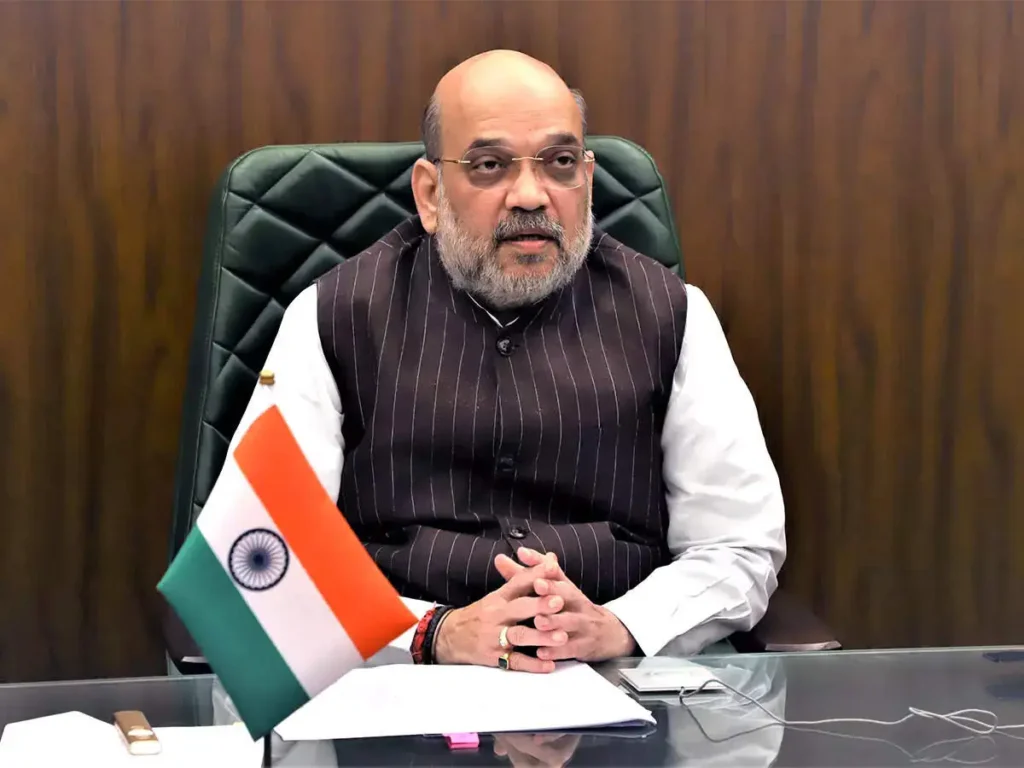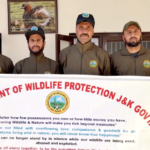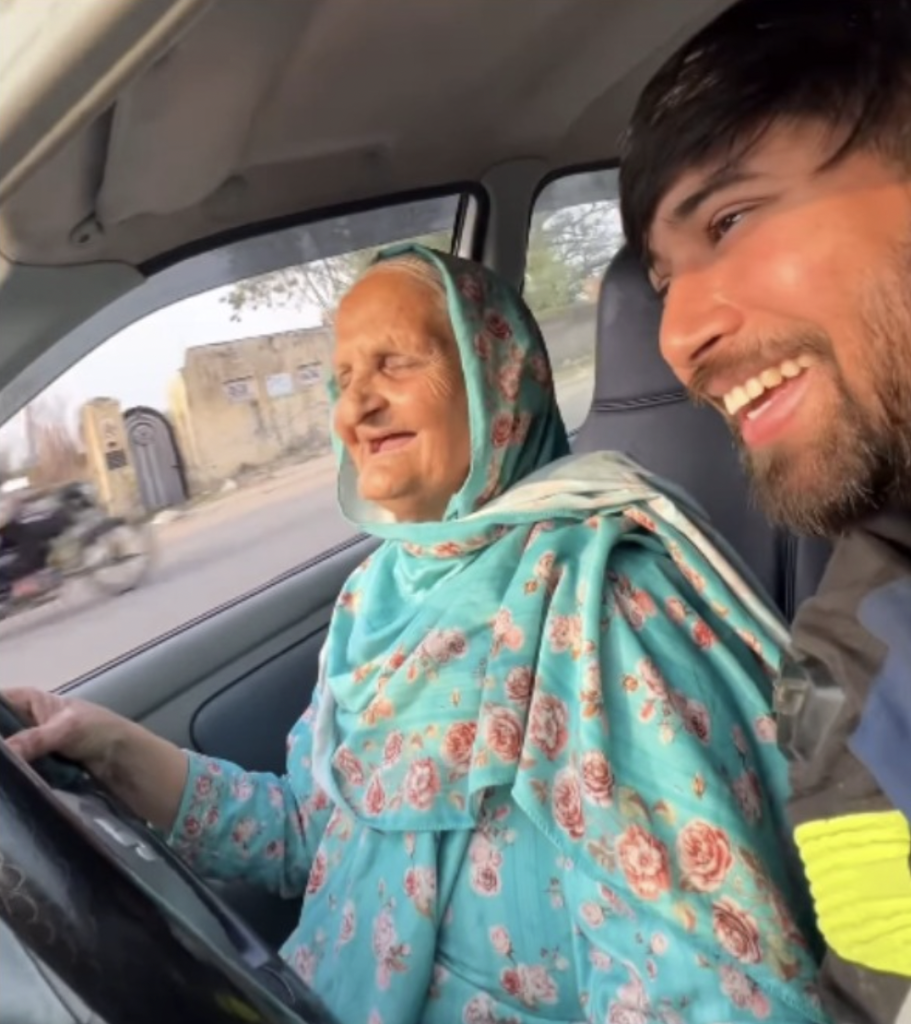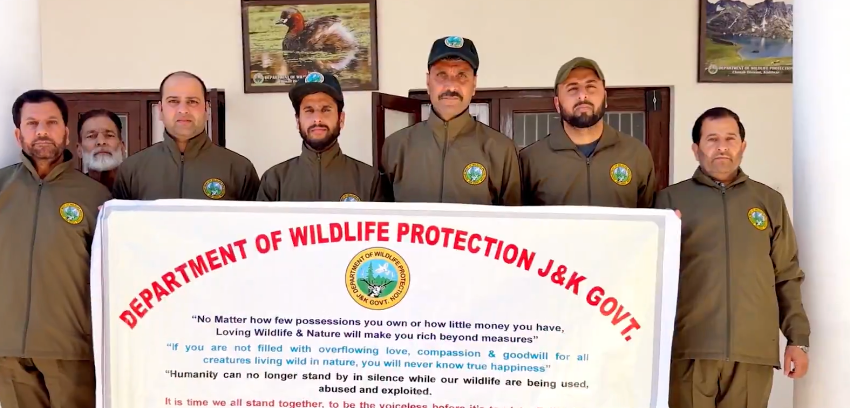Jammu, August 30, 2025: Union Home Minister Amit Shah is set to undertake a two-day visit to Jammu on August 31 and September 1 to assess the devastating impact of recent floods and landslides in the region. The visit comes in the wake of relentless monsoon rains that triggered flash floods, cloudbursts, and landslides, claiming nearly 150 lives, including 130 pilgrims, and causing widespread infrastructure damage across Jammu, Katra, Kishtwar, and other districts.
On August 31, Shah will arrive at Raj Bhavan in Jammu to chair a high-level meeting with Lieutenant Governor Manoj Sinha, Chief Minister Omar Abdullah, and senior officials to review ongoing relief and rescue operations. The discussions will focus on immediate relief measures, restoration of essential services like electricity and water supply, and long-term strategies to mitigate future flood risks. On September 1, Shah will conduct an aerial survey of flood-affected areas, including Katra, the base camp of the Mata Vaishno Devi shrine, Kishtwar’s Chashoti village—where a cloudburst on August 14 killed 65 people—and border outposts along the International Border. He will also visit injured pilgrims at Narayana Superspeciality Hospital in Katra.
The floods, exacerbated by Jammu city’s heaviest 24-hour rainfall in over a century, have damaged critical infrastructure, including the Fourth Tawi Bridge, roads, and the Jammu-Srinagar National Highway, which was closed due to landslides. The Indian Army’s Tiger Division restored traffic on the Tawi Bridge within 12 hours by constructing a 110-foot Bailey bridge, showcasing rapid disaster response. Shah’s visit aims to reaffirm the Central Government’s commitment to supporting Jammu and Kashmir, with expectations of a potential relief package announcement for affected families and infrastructure restoration.
Shah has been in regular contact with Sinha and Abdullah, ensuring coordinated efforts between the Central and Union Territory administrations. The Indian Air Force, NDRF, SDRF, and local authorities have been instrumental in rescuing over 1,000 people and airlifting essential supplies, with 18 NDRF teams deployed across the region.











